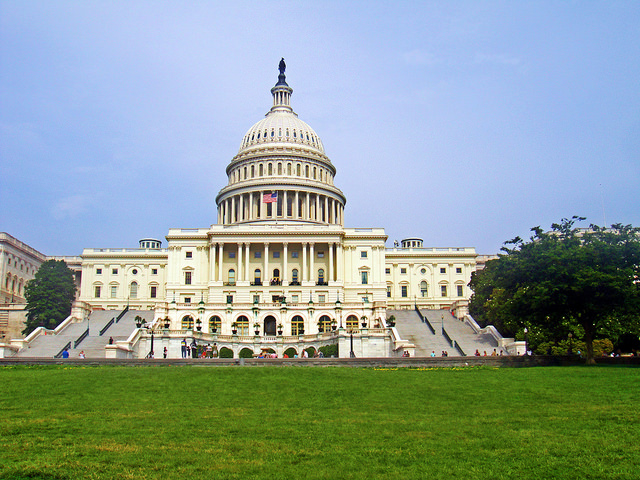News > Immigration In The United States
WWCD: What Will Congress Do about immigration?
Posted on Jun 13 2017

Every two years, Congress huffs and puffs about immigration reform. Every two years, it does nothing. Although everybody acknowledges that the U.S. immigration system is broken, the last major immigration legislation was passed in 1996. That legislation was more about deportation and punishment than reform.
Piecemeal proposals now before Congress now echo failures of the past, like the foolish and punitive Davis-Oliver Act, HR2431, which failed to pass in 2013 and 2015. The Trump budget proposes withholding funding for jurisdictions that do not help enforce immigration laws. Aimed at “sanctuary cities,” the provision would codify an anti-sanctuary executive order that has already been halted by the courts. The budget also calls for funding more immigration officers, more border patrol officers, and more jail cells for immigrants. Like all presidential budgets, this one is a wish list, with not much likely to pass as proposed.
Competing interests want different fixes to various temporary worker programs, such as scaling back the H-1B visa program for highly skilled technical workers, protecting undocumented farm workers with a “blue card,” protecting veterans from deportation, and doing something to change the investor visa.
Some of these bills might pass. Most will not. None of them offers anything like the comprehensive immigration reform that is needed to fix this broken system.
The biggest changes in immigration come not from Congress, but from the Trump administration’s push to arrest and deport as many people as possible, regardless of family ties, length of residence in the United States, good character, or humanitarian considerations. The new policy is to “take the shackles off” ICE and Border Patrol agents, removing any limits on who is targeted for immediate deportation. Early on, the New York Times reported:
“But for those with ICE badges, perhaps the biggest change was the erasing of the Obama administration’s hierarchy of priorities, which forced agents to concentrate on deporting gang members and other violent and serious criminals, and mostly leave everyone else alone….
“Two officials in Washington said that the shift — and the new enthusiasm that has come with it — seems to have encouraged pro-Trump political comments and banter that struck the officials as brazen or gung-ho, like remarks about their jobs becoming ‘fun.’ Those who take less of a hard line on unauthorized immigrants feel silenced, the officials said.”
This change of direction seems larger than anything Congress is likely to do.




